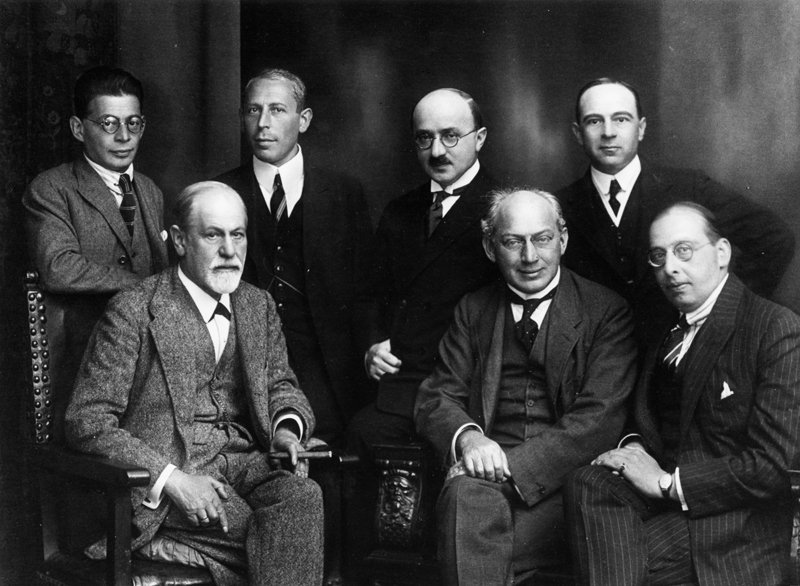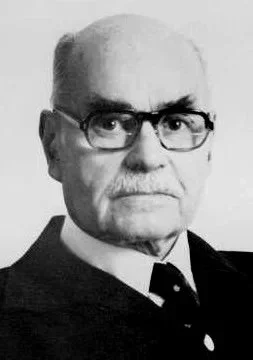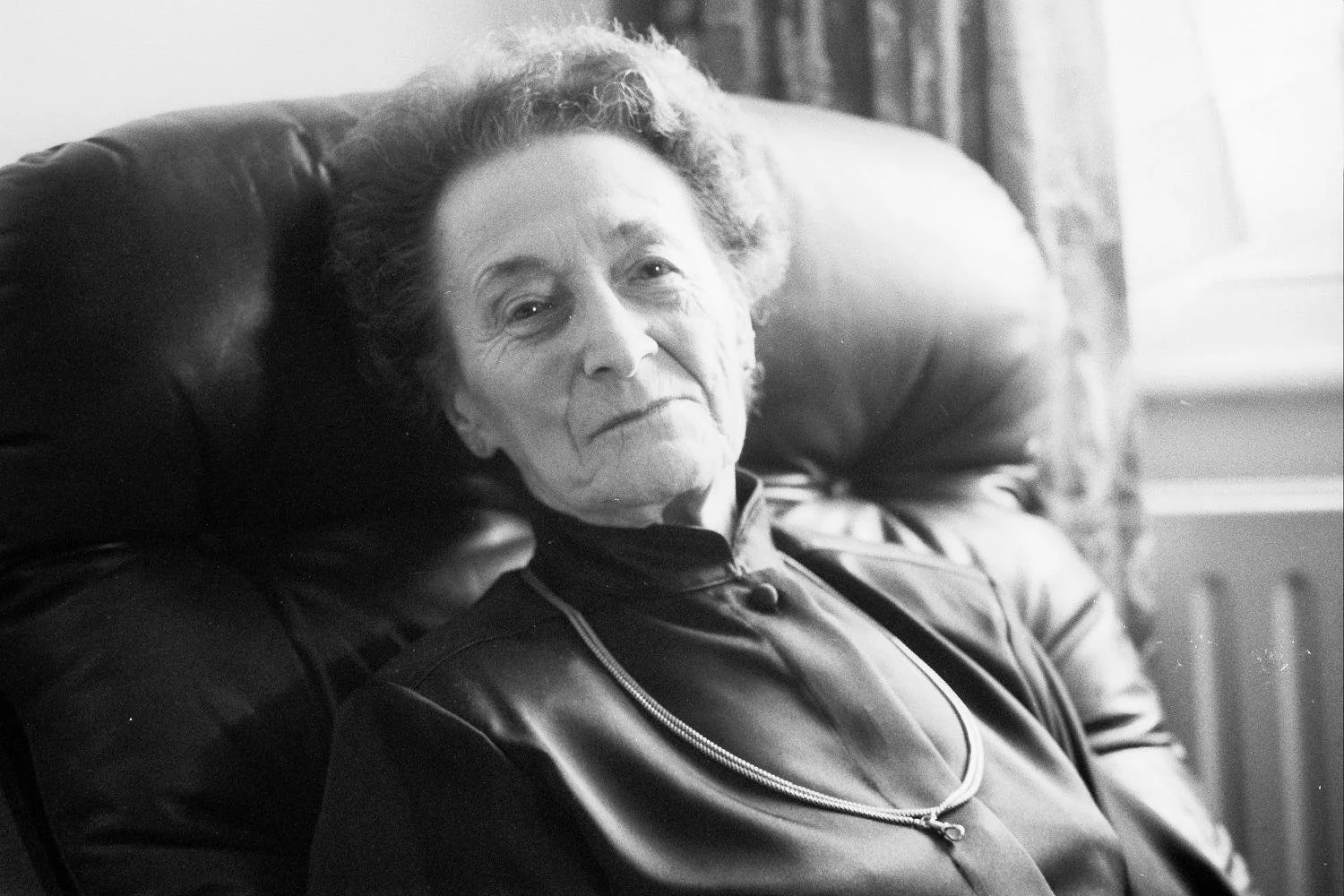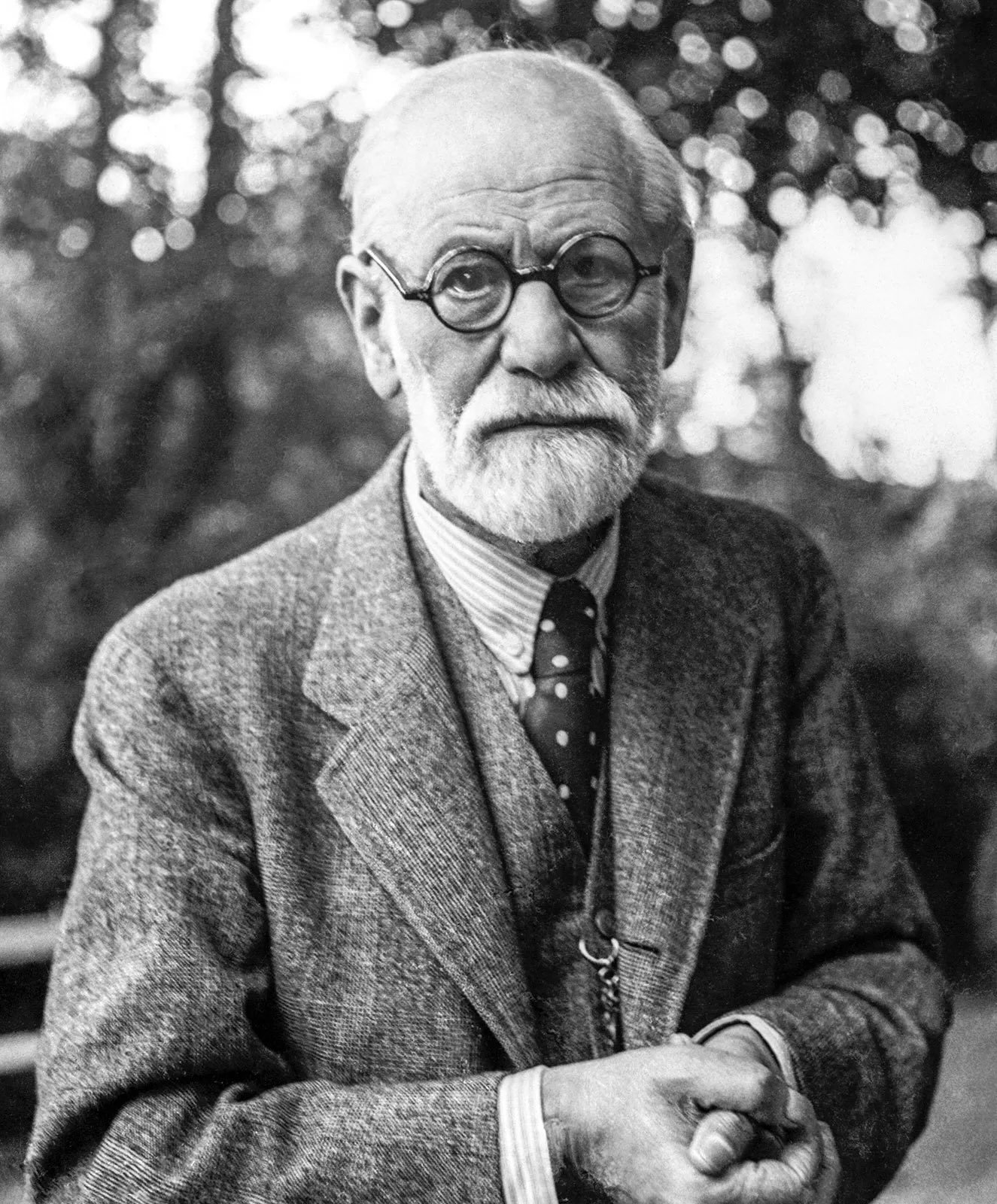

Despite its major contribution to all the psychotherapy currents, psychoanalysis is a deeply misunderstood method…
Psychoanalysis is one of the many forms of psychotherapies which also question our relationship to existence, desire, culture, identity and should be able to help you address the right questions about your life. Each patient being different, I have a great reluctance to make a list of symptoms and registered disorder which would be an indication for you to start a treatment with me. Nevertheless, we can imagine that depression, anxiety, phobia, trauma, relationship issues, loss of a relative, past abuses difficult work environment, a feeling that everything became pointless, … are obvious valid reasons to start a psychoanalysis. This list cannot be exhaustive because in many occasions identifying the problem is already a challenge in itself and a part of the “solution” to come. The feeling of meaninglessness, or emotional split you experience can be elusive or difficult to point because the mechanism responsible for it is unconscious and poisonous.
Having being already diagnosed by MD or Psychiatrist, or being under medication is completely compatible with psychoanalysis as a complementary process without being indeed a substitue of the medical treatment itself. If we had to compare mental pain to a physical trauma, we could say that antidepressant is the crutch and psychoanalytic process is like the physiotherapeutical rehabilitation.
Understanding Psychoanalytical concepts is an in-depth work that requires to constantly underline intrication between theory and practice.
I try to adress in the Blog section of this website many other aspects involved in the contemporary practice and theories of psychoanalysis, to link it with other fields in sciences and philosophy.
Often poorly known in its details and its practice. Having become a cultural milestone, and being a part of our cultural background doesn’t enable its process to be summarized by quick stereotypes.


